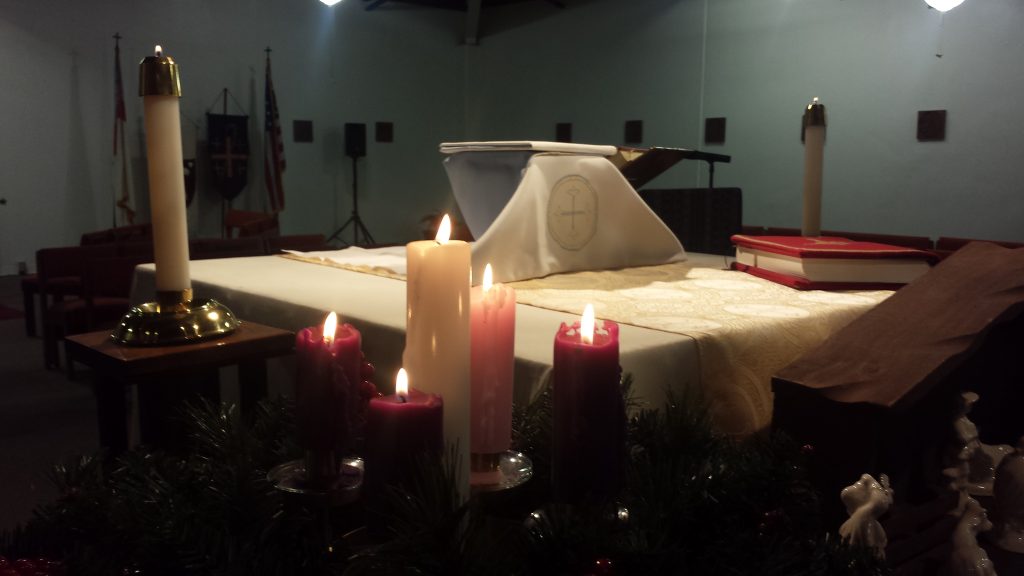Readings for the feast day of Christina Rossetti, Friday, April 27, 2018:
One of my favorite stories told by one of my fellow missioners to the Diocese of Lui in South Sudan was of being there in the Christmas season. There they were, along the equator, and the youth were singing “In the Bleak Midwinter”…and loving it. At the very least, it’s a testimony of how deeply Christina Rossetti’s hymn (as well as her other Christmas hymn, “Love Came Down at Christmas”) is ingrained into worldwide Anglican culture.
Although Christina Rossetti lived in the Victorian era (born in 1830), her growing up years were a little on the Bohemian side. Her father was a poet and political asylum seeker, and her mother was a governess who channeled her skills into educating her and her three siblings at home, until the two boys were old enough to attend day school. The girls continued on with homeschooling. Their home was often a haven for Italian poets, scholars, and revolutionaries. All four children would grow up to be poets, authors, artists.
Unfortunately, this was all disrupted when her father’s health deteriorated (possibly tuberculosis) and the family faced severe financial hardship, forcing Christina’s mother to return to working as a governess. Christina herself suffered some type of physical/mental/emotional breakdown at age 14, from the stress of family life. (Some historians posit that her illnesses were psychosomatic, allowing her to escape the stress of joining the work force out of financial necessity as her siblings had to do.)
Yet it was at this time in her life, Christina and her mother discovered the Anglo-Catholic movement of the Church of England…and the Oxford Movement…and the Church of England’s involvement in taking stands against the social evils of the day, such as prostitution, the conditions of those imprisoned, and child labor…and dove headfirst in a life of deep religious devotion and social action.
Oh, yes, and on the side, she wrote…and wrote…and wrote. Her first published poem was at age 18 (not counting a family printed newspaper she and her siblings printed as children) and she became one of the most prolific and best known female poets of the Victorian era, writing both religious devotional poetry, and secular fantasy-based poetry. Although all we know is that she never married at a time women were clearly expected to marry and be subservient in that relationship, there’s at least strong likelihood she could have been a lesbian, and in present day critiques of her poetry, much has been made of feminist and homoerotic themes in her secular works. Her work continues to be rediscovered in new lights and is far from “old dead poetry.” Some have referred to her as a queer mystic.
In the later years of her life, she turned even more strongly to religious devotional themes, writing the words for “In the bleak midwinter” in 1872 and “Love came down at Christmas” in 1885. Neither Graves’ Disease (a thyroid condition) nor breast cancer slowed her down until the very end. Her words continue to inspire and lead the faithful today.
Christina Rossetti was a woman who pushed against the grain of society in many ways; yet she found comfort and solace in her relationship with God. As one of the company of saints, she reminds us that we simply don’t have to be like everyone else and to follow the convoluted places God leads us.
How might God be calling you to follow a different drummer or blaze a new trail? Could the next beloved hymn or poem be inside of you, waiting to reveal itself?
Maria Evans splits her week between being a pathologist and laboratory director in Kirksville, MO, and gratefully serving in the Episcopal Diocese of Missouri as Interim Pastor at Church of the Good Shepherd and Chaplain of the Community of St. Brigid, both in Town and Country, MO.

